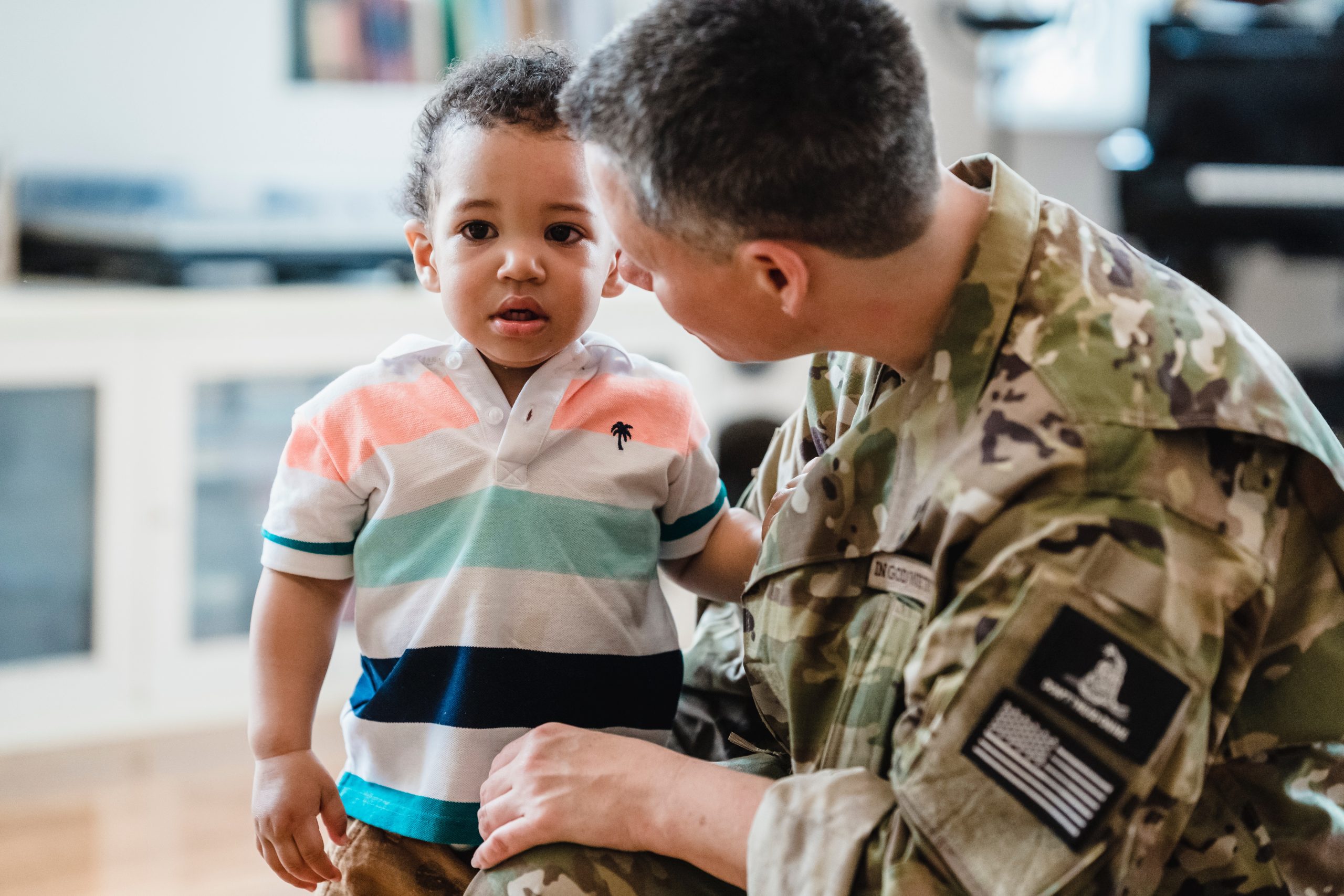Military travel agency services represent a specialized niche within the travel industry, catering to the unique needs and logistical complexities of military personnel and their families. Unlike civilian travel, military travel often involves stringent regulations, security protocols, and often unpredictable deployment schedules. This sector faces unique challenges and opportunities, shaped by factors such as fluctuating demand, budgetary constraints, and evolving geopolitical landscapes.
Understanding the intricacies of this market is crucial for both agencies and military personnel seeking efficient and reliable travel solutions.
This sector is characterized by a relatively small number of key players who often work closely with the Department of Defense and various military branches. These agencies must navigate a complex regulatory environment, ensuring compliance with security protocols and adhering to strict guidelines regarding travel authorizations and reimbursements. The rise of technology, however, offers opportunities for increased efficiency and transparency in booking, managing, and tracking military travel.
The Customer Experience: Military Travel Agency
Providing exceptional customer service is paramount for any travel agency, but it takes on a special significance when catering to the unique needs of military personnel. These individuals often face time constraints, deployment schedules, and specific travel requirements that necessitate a highly adaptable and understanding approach. A successful military travel agency prioritizes personalized service, anticipating potential challenges and proactively addressing them to ensure a smooth and stress-free travel experience.Understanding the unique needs and concerns of military travelers is crucial for providing effective service.
Military personnel frequently juggle demanding schedules, potential last-minute deployments, and the need for reliable and secure travel arrangements. Their families also require support, often facing separation anxieties and logistical hurdles. Therefore, agencies must offer flexible booking options, transparent pricing, and readily available support channels to alleviate stress and provide peace of mind.
Best Practices for Exceptional Customer Service
Exceptional customer service for military travelers involves proactive communication, personalized assistance, and a deep understanding of their unique circumstances. This includes offering 24/7 support, specialized travel insurance options that account for deployment risks, and assistance with navigating complex travel regulations. Furthermore, providing dedicated military travel specialists who understand the nuances of military life and regulations allows for more efficient and empathetic service.
For instance, a travel agent familiar with military leave policies can help a service member book a flight that maximizes their leave time. Another example could involve securing accommodations near military bases for families awaiting the return of deployed personnel.
Understanding Unique Needs and Concerns
Military personnel often face specific travel challenges, such as frequent relocation, short notice deployments, and the need for secure and reliable transportation. Families of service members also face unique challenges, including managing childcare during deployments and navigating the complexities of travel with young children. Agencies should provide comprehensive travel planning assistance, including options for pet transportation, assistance with visa applications, and personalized itinerary recommendations that cater to family needs.
This might include securing child-friendly accommodations or coordinating transportation to and from airports to minimize stress for families. Agencies must also understand the importance of secure travel arrangements, particularly for those carrying sensitive equipment or documents.
Customer Feedback Mechanisms
A robust customer feedback mechanism is essential for continuous improvement. This can involve post-travel surveys, online reviews, and direct feedback channels. Surveys can collect quantitative data on satisfaction levels, while open-ended questions allow for qualitative feedback on specific aspects of the service. Online reviews provide valuable insights into the customer experience, allowing the agency to address concerns and highlight areas of strength.
A dedicated email address or phone line for feedback ensures that individual concerns are addressed promptly and effectively. Regular analysis of this feedback allows the agency to identify trends, address recurring issues, and implement improvements to enhance the overall customer experience. For example, consistently negative feedback regarding the efficiency of the booking process would prompt a review of the booking system and procedures.
Positive feedback, on the other hand, can highlight successful strategies and areas of excellence.
Illustrative Examples of Military Travel Scenarios
Military travel presents unique challenges and complexities, requiring specialized expertise to navigate. This section details three diverse scenarios highlighting the multifaceted nature of military travel and the solutions our agency provides. These examples illustrate the breadth of services we offer, from routine deployments to emergency situations and personal vacations.
Routine Deployment: 101st Airborne Division to Fort Polk
Sergeant Major Johnson, assigned to the 101st Airborne Division, is deploying to Fort Polk, Louisiana for a six-month training exercise. His travel includes transporting himself and his issued equipment. Our agency secured space on a chartered military flight, coordinating with the unit’s transportation officer to ensure seamless integration of his equipment. Challenges included securing timely flight reservations due to high demand and coordinating the shipment of specialized equipment.
Solutions involved leveraging our network of contacts within the Department of Defense and proactive communication with the relevant authorities. The agency also assisted with pre-trip briefings covering lodging and transportation options at Fort Polk.
Family Emergency: Air Evacuation for Injured Child
Captain Miller’s child was injured in a civilian accident requiring immediate medical attention at a specialized hospital 1,500 miles away. The agency facilitated an emergency air evacuation, coordinating with the military medical system and civilian air ambulance services. Challenges involved navigating complex insurance procedures and securing immediate flight authorization, while ensuring the child received the best possible care in transit.
Solutions included direct liaison with military medical authorities, expediting necessary paperwork, and securing a flight within hours of the initial request. The agency also arranged for Captain Miller’s spouse to accompany the child and provided support with lodging and transportation at the destination hospital.
Personal Vacation: Sergeant Garcia’s Family Trip to Disney World
Sergeant Garcia planned a family vacation to Disney World in Orlando, Florida. Our agency helped him book flights, secure discounted theme park tickets, and arrange accommodations at a military-friendly hotel near the resort. Challenges included coordinating travel dates around Sergeant Garcia’s duty schedule and finding affordable travel options for his family of four. Solutions involved leveraging our partnerships with various airlines and travel providers to secure discounted rates and flexible booking options.
The agency also provided personalized itinerary suggestions, ensuring a smooth and enjoyable vacation experience.
Visual Representation of Military Travel Planning Stages, Military travel agency
The visual representation would be a flowchart, showing six distinct stages. Stage 1: “Initial Inquiry,” depicts a soldier contacting the agency. Stage 2: “Needs Assessment” shows a consultation, determining travel needs and requirements. Stage 3: “Trip Planning” displays the agency researching and booking flights, accommodations, and other travel arrangements. Stage 4: “Documentation & Coordination” shows the agency preparing necessary paperwork, coordinating with military units and other agencies.
Stage 5: “Travel Execution” illustrates the actual travel, with the agency providing support if needed. Stage 6: “Post-Trip Review” displays the agency following up with the client to ensure satisfaction and gather feedback. Each stage is represented by a distinct shape (e.g., rectangle for process, diamond for decision points), with connecting arrows showing the flow. The agency’s role is clearly highlighted in each stage through descriptive text within each shape.
The overall flowchart is visually appealing, using a color scheme that reflects the military theme (e.g., camouflage green and blue).
The military travel agency sector stands at a critical juncture, poised for growth and innovation. While challenges such as fluctuating demand and stringent security measures remain, technological advancements offer significant opportunities to streamline processes, enhance customer experience, and improve cost-effectiveness. A focus on exceptional customer service, tailored to the specific needs of military personnel, will be paramount for agencies seeking to thrive in this competitive landscape.
The future of military travel will undoubtedly be shaped by technological disruptions, geopolitical shifts, and a growing emphasis on sustainability, necessitating continuous adaptation and innovation within the industry.
Obtain recommendations related to bus trips for senior citizens that can assist you today.


